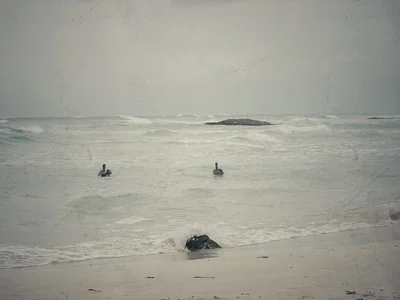by B.J. Stolbov
I don’t like jets. Yes, I know, they are the most convenient way to get somewhere far away quickly, but I still don’t like them. Jets are just tubes with seats. Soulless. They make me feel detached from the earth.
 I don’t like taxis, either. I know that they get me quickly from place to place, mostly to or from airports. They are a necessary convenience. I often try to engage the taxi driver in conversation, but we both know that this is only a business transaction, and I know that the taxi driver’s job is to make the most money from an uninformed traveler. I find it unpleasant, and I’m glad to pay and get out of a taxi as quickly as possible.
I don’t like taxis, either. I know that they get me quickly from place to place, mostly to or from airports. They are a necessary convenience. I often try to engage the taxi driver in conversation, but we both know that this is only a business transaction, and I know that the taxi driver’s job is to make the most money from an uninformed traveler. I find it unpleasant, and I’m glad to pay and get out of a taxi as quickly as possible.
I do like to travel slowly. I try to choose the slowest form of transportation available: be it car, bus, motor scooter, bicycle, boat, canoe, kayak, raft, horse, mule, elephant, or, my favorite, walking. I like to see the landscape; I like to see mountains and rivers, rocks and caves, trees and plants. It is the scenery moving by me slowly that soothes my soul.
Sure, I want to go somewhere, but the where is not really the point. A hotel room is just a bed with a roof (when you close your eyes, all hotel rooms look the same). A simple guesthouse with a friendly host is fine for me. A bed under the stars is better. When I want to see places, I want to see the roads, rivers, and paths that connect these places. The adventure is in the getting there.
For me, traveling is in the snap of a twig underfoot bringing me directly into the world around me, the creaking of a bicycle seat at the turn at the bottom of a hill, the rocking in the wind and waves of the small boat, the bumping and bouncing of a bus, the road and the trees and the fields rolling by, the houses with their doors open, and the people, especially the children, smiling and waving as I go by; they are all a part, the most important part, of my journey.
 I say it with pride: I am not a vegetarian.
I say it with pride: I am not a vegetarian.


















